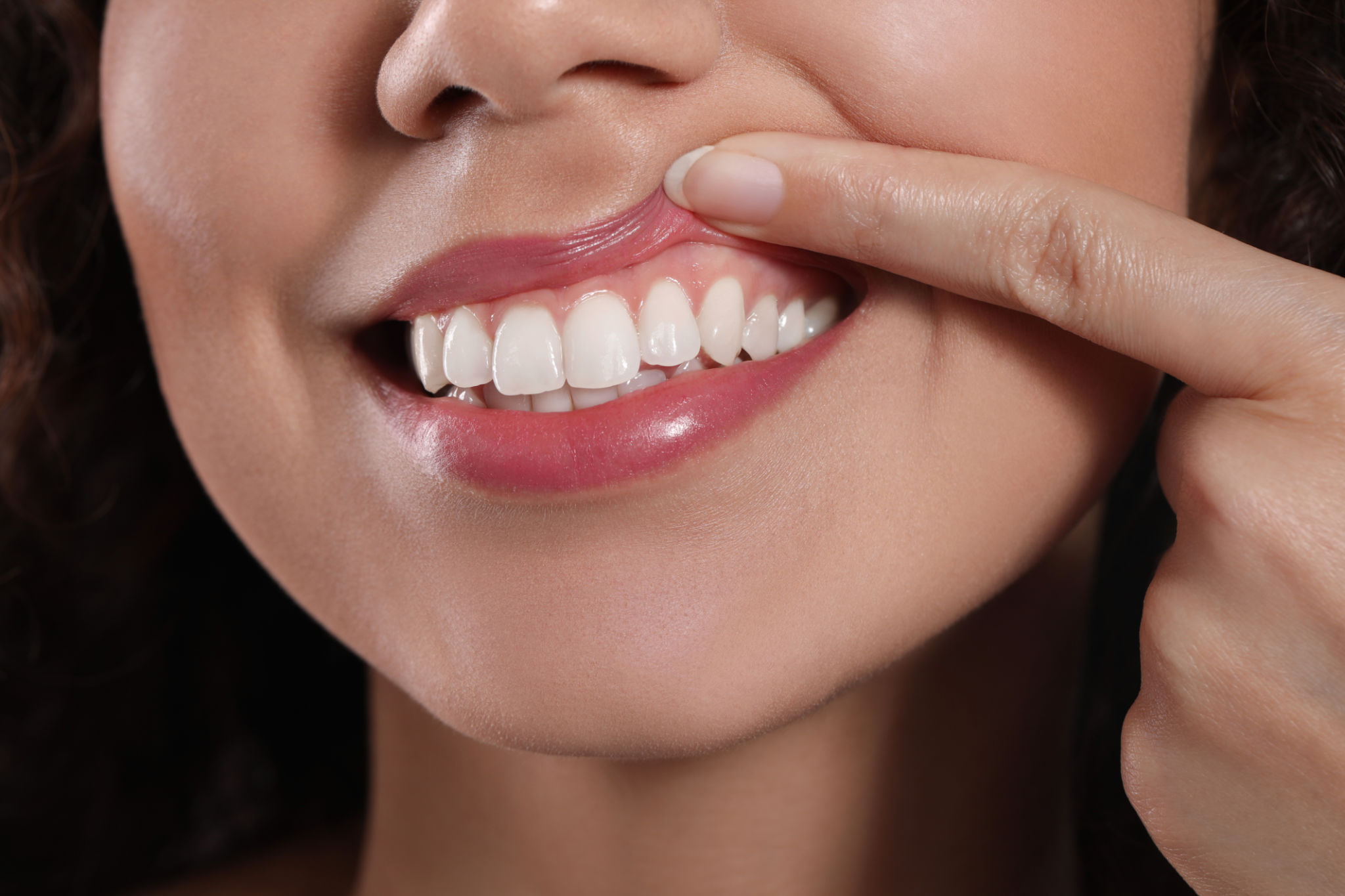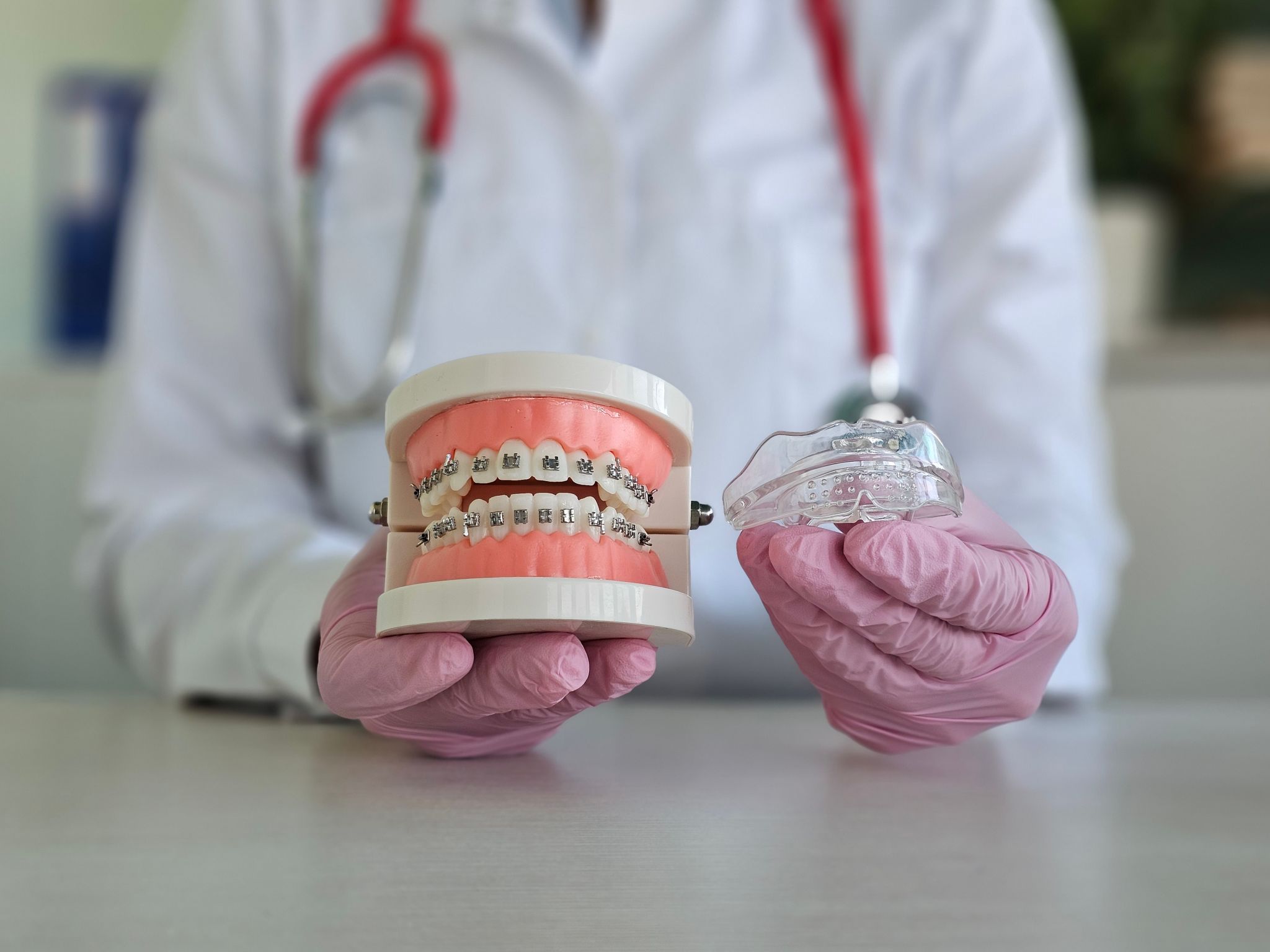Comprehensive Guide to Periodontics and Implant Dentistry Alternatives
Understanding Periodontics
Periodontics is a specialized field of dentistry that focuses on the structures surrounding and supporting the teeth. This includes the gums, alveolar bone, and periodontal ligament. Ensuring the health of these structures is vital for maintaining overall oral health. Regular dental check-ups can help in the early detection of periodontal diseases, which if left untreated, may lead to tooth loss.
Periodontal diseases are primarily caused by bacterial infections that result from plaque buildup. Common symptoms include swollen or bleeding gums, receding gum lines, and persistent bad breath. Addressing these symptoms early can prevent further complications.

Periodontics Treatments
Treatment for periodontal disease varies depending on the severity of the condition. Non-surgical treatments include scaling and root planing, which involve deep cleaning of the root surfaces to remove plaque and tartar. In more severe cases, surgical procedures such as flap surgery or bone grafting may be necessary to restore gum health.
Maintaining good oral hygiene is crucial in preventing periodontal disease. Regular brushing, flossing, and professional cleanings can greatly reduce the risk of developing gum issues. Additionally, lifestyle changes such as quitting smoking can improve periodontal health significantly.

Exploring Implant Dentistry
Implant dentistry offers a long-term solution for replacing missing teeth. Dental implants are artificial tooth roots made of titanium that are surgically placed into the jawbone. Once integrated, they provide a strong foundation for artificial teeth, bridges, or dentures.
The process of getting dental implants involves multiple steps, including an initial consultation, placement of the implant, healing time for osseointegration, and finally, the attachment of the prosthetic tooth. Dental implants are known for their durability and natural appearance.

Alternatives to Dental Implants
While dental implants are a popular choice, they might not be suitable for everyone due to cost or health conditions. Alternatives include:
- Dental Bridges: These involve placing a false tooth between two crowns and can be a fixed solution for missing teeth.
- Partial Dentures: Removable appliances that replace one or more missing teeth.
- Resin-bonded Bridges: Also known as Maryland bridges, they are less invasive and involve bonding a false tooth to adjacent teeth using resin.
Each alternative has its own set of advantages and limitations. Consulting with a dental professional can help in choosing the best option based on individual needs and circumstances.

Maintaining Oral Health After Treatment
After undergoing periodontics or implant procedures, maintaining oral health is crucial to ensure the longevity of the treatment. Regular dental visits, proper oral hygiene practices, and a balanced diet contribute to overall success.
It's important to follow your dentist's advice on post-treatment care and to report any unusual symptoms immediately. By taking proactive measures, you can enjoy a healthy smile for years to come.
